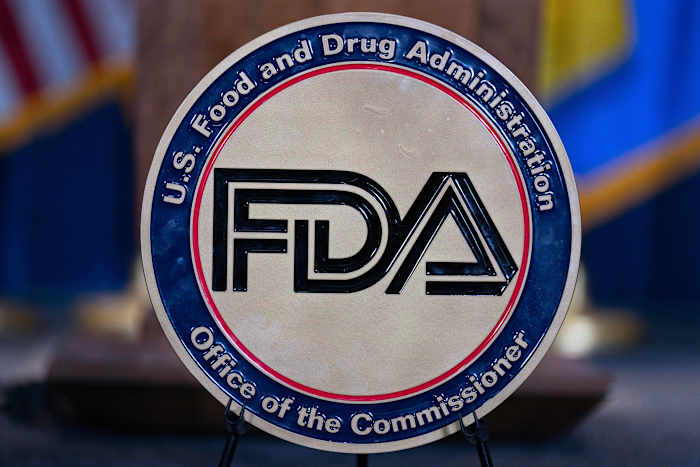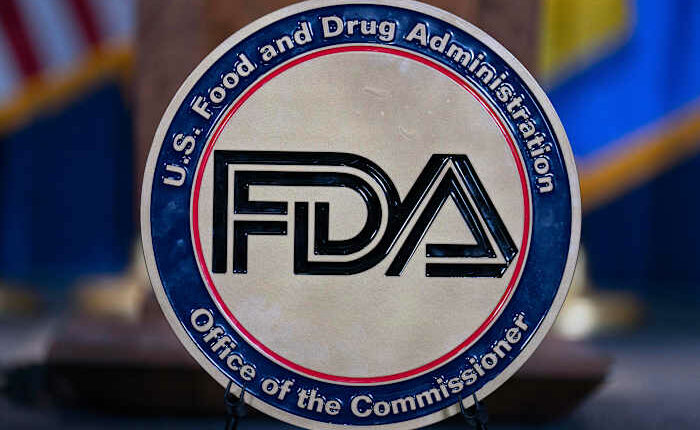Share this @internewscast.com

WASHINGTON – The stock value of Sarepta Therapeutics continued on a downward trend Tuesday after the firm declared it would adhere to a request from the Food and Drug Administration to halt the distribution of its gene therapy in response to multiple patient fatalities.
This decision, revealed late Monday, follows closely on the heels of a rare and contentious refusal by the company to align with FDA regulators, a move that unsettled both investors and analysts.
Sarepta’s CEO, Doug Ingram, stated that the company is aiming for a “productive and positive” engagement with the FDA and noted that continuing this constructive working relationship necessitated the temporary halt in shipments.
The Cambridge, Massachusetts-based company said it would “ temporarily pause all shipments” of its gene therapy Elevidys for muscular dystrophy at the close of business Tuesday.
It’s the latest in a series of highly irregular moves that have rocked company shares for weeks and forced it to lay off hundreds of staffers.
Elevidys is the first gene therapy approved in the U.S. for Duchenne’s muscular dystrophy, the fatal muscle-wasting disease that affects boys and young men, resulting in early death. The one-time treatment was initially approved for boys age 4 and younger who could still walk. Last year, FDA expanded approval to older patients who are no longer able to walk.
The therapy was already under FDA scrutiny after two teenage boys died earlier this year from acute liver injury, a known side effect of the treatment. Then the company last week disclosed a third death with a different therapy: a 51-year-old patient who was enrolled in a company trial for a another form of muscular dystrophy.
FDA responded by asking the company to immediately halt all shipments of Elevidys.
Wall Street analysts said the company made the right move.
Defying the FDA would have “irreparably damaged the company’s relationship with FDA under the current leadership and administration,” TD Cowen analyst Ritu Baral told investors in a note Tuesday.
Baral estimated the pause in distribution would last three to six months.
The FDA has the authority to pull drugs from the market, but the process can take months or even years. Instead, the agency usually makes an informal request and companies almost always comply. Even in the rare cases when drugmakers haven’t cooperated, the FDA has prevailed after public hearings and appeals.
___
The Associated Press Health and Science Department receives support from the Howard Hughes Medical Institute’s Department of Science Education and the Robert Wood Johnson Foundation. The AP is solely responsible for all content.
Copyright 2025 The Associated Press. All rights reserved. This material may not be published, broadcast, rewritten or redistributed without permission.









